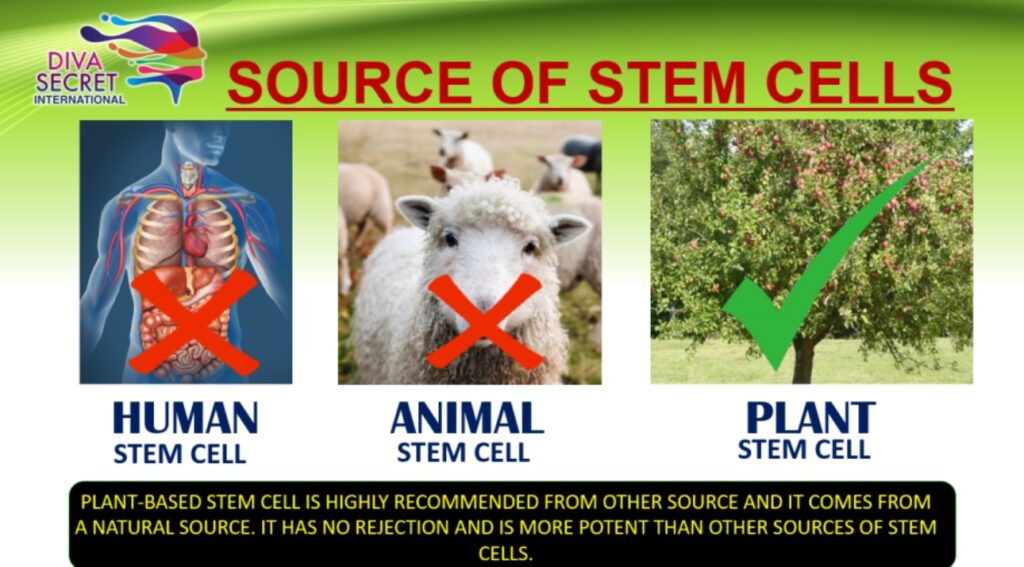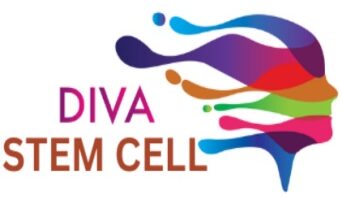Plant-Based Stem Cells: Pioneering Advances in Human Cell Therapy

In the evolving field of regenerative medicine, plant-based stem cells are emerging as a revolutionary tool for human therapy. Unlike traditional methods, which primarily focus on extracting stem cells from human or animal tissues, this new approach leverages the unique properties of plant cells. This article explores the innovative use of plant-based stem cells in therapy, focusing on their potential to repair, regenerate, and treat human cells.
1. Understanding Plant-Based Stem Cells:
Plant stem cells are undifferentiated cells located in the meristems of vegetation. Similar to human stem cells, they have the ability to proliferate and transform into various types of cells. Researchers harness these capabilities to influence human stem cells and promote tissue regeneration and repair. This cross-disciplinary approach offers a sustainable and less ethically contentious source of stem cells for medical applications.
2. Mechanisms of Action:
The application of plant-based stem cells in human therapy does not involve direct integration into human tissues. Instead, these plant cells are processed to extract valuable growth factors, peptides, and phytohormones, which can then be used to stimulate human stem cells in vitro or in vivo. These plant-derived compounds can enhance the proliferation and differentiation of human stem cells, guiding damaged tissues in their repair processes.
3. Current Research and Applications:
Recent studies have demonstrated the effectiveness of plant stem cells in several therapeutic areas:
– Skin Regeneration: Plant stem cell extracts have been used in dermatology to enhance the skin’s regeneration, showing promise in healing wounds and reducing the signs of aging.
– Periodontal Regeneration: Research indicates that certain plant extracts can support the regrowth of tissue in periodontal therapy, offering new solutions for gum disease.
– Bone and Cartilage Repair: Compounds derived from plant stem cells are being explored for their potential to stimulate bone and cartilage regeneration, which could be transformative for conditions such as osteoarthritis.
4. Advantages Over Conventional Stem Cell Therapy:
Plant-based stem cell therapy offers several advantages over traditional methods:
– Ethical Viability: It circumvents the ethical issues associated with human embryonic stem cells.
– Lower Risk of Rejection: Since the plant-based products do not involve direct cell transplantation, there is no risk of immune rejection.
– Scalability: Plants can be grown and replicated indefinitely, providing a more scalable source of therapeutic agents compared to limited human or animal stem cells.
Conclusion:
The integration of plant-based stem cells into regenerative medicine represents a frontier in therapeutic development. With ongoing research, the range of applications for these cells is expanding, promising new treatments for diseases and injuries previously deemed untreatable. As we advance our understanding and technology, the potential for plant-based stem cells in human therapy continues to grow, paving the way for more innovative and less invasive treatment options.
Insights:
The future of plant-based stem cell therapy not only lies in continuous research but also in collaboration between botanists, biotechnologists, and medical professionals. As we explore the synergies between plant biology and human health, the possibilities for new healing modalities are limitless, highlighting the need for a multidisciplinary approach in modern medicine.
